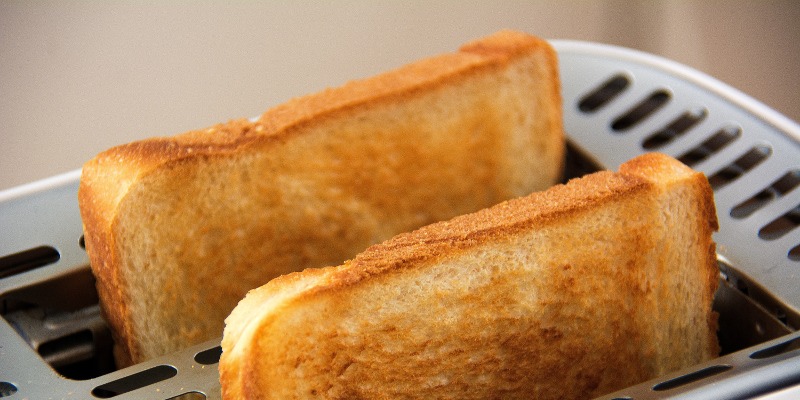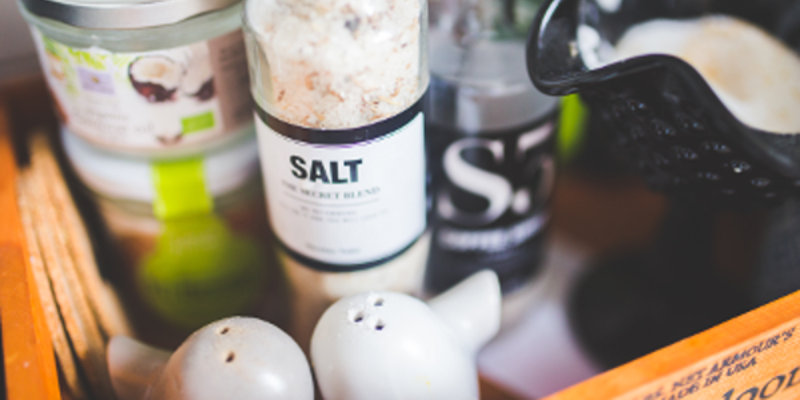As an ostomate, are you losing confidence?
A common theme I am noticing with many of my ostomate clients at the moment is a lack of confidence. Not a lack of confidence in themselves, but a lack...

During the course of a recent nutritional consultation, I had a discussion with a client that highlighted the dietary difficulty that is often experienced by ostomates – making a choice between the best food for health and the best food for comfortable stomal output. Sometimes the choice can be very straightforward and little consideration is required. However, on other occasions, it is necessary to weigh up the pros and cons of each particular food option a little more carefully.
In relation to the client with whom I was having this discussion, he was a 70 year old male who has had an ileostomy for 10 years. He was in semi-retirement and in very good health for his age and circumstances. However, he had recently been to see his GP who had reported that his blood pressure was a little high and should be addressed. His GP did not feel that medication was warranted but recommended that the client seek dietary advice to reduce his blood pressure.
My client contacted me as a source of dietary advice that is specific for ostomates, and we commenced the process of collaborating on what dietary changes were appropriate and favourable to reduce his blood pressure. As part of this process it was necessary to review blood test results to determine the status of his electrolytes and other minerals, an action which highlighted the fact that his blood sodium level was at the upper end of the normal range.
This finding on the blood test results led me to initially focus dietary changes around reducing salt intake as a means of reducing blood sodium levels and blood pressure. Alternative options to his current dietary choices were discussed. This is when the conversation that highlighted the dietary difficulty for many ostomates occurred.

My client’s usual breakfast regime included cereal and toast, and his toppings for the toast alternated between Vegemite and peanut butter according to whim. (Please note: Vegemite is a spread that is mainly available in Australia and New Zealand).
Whilst on the surface it may appear that both of these toast toppings are harmless and therefore okay to consume, from my perspective the factors that needed to be weighed up and considered in this particular scenario were:
In addition to the above, knowing what particular goal is being pursued in relation to stomal output is also important to help determine if a food is going to be beneficial or otherwise for an individual person. For example, a person who is experiencing high output from their stoma needs to be cautious about consuming foods that may increase the output. In this case, a person with high stomal output may benefit from consuming peanut butter as long as there are no issues with fat malabsorption, which could further increase the output. Conversely, a person with slow, difficult output needs to be wary of foods that can make output even slower and more difficult to pass, which peanut butter may do on occasion.
As my client did not have any great concerns with stomal output, my recommendation was then to focus more on peanut butter as a topping for his toast rather than Vegemite to reduce his salt intake. However, I advised caution in this recommendation as my client also wanted to lose a few kilograms of weight. My client was happy with this recommendation and we will review his progress in terms of his health goals in the coming weeks.
Juggling dietary challenges and managing stomal ouput in conjunction with achieving individual health goals is a constant exercise for many of my clients, and a factor that I give considerable focus to during a consultation. However, with collaboration and negotiation, it is usually possible to find some middle ground that suits all scenarios and keeps everybody happy. If you are having difficulty keeping all the balls in the air and are not sure which dietary choices to make, please contact me for assistance.
Wishing you good health and happy days,
Margaret